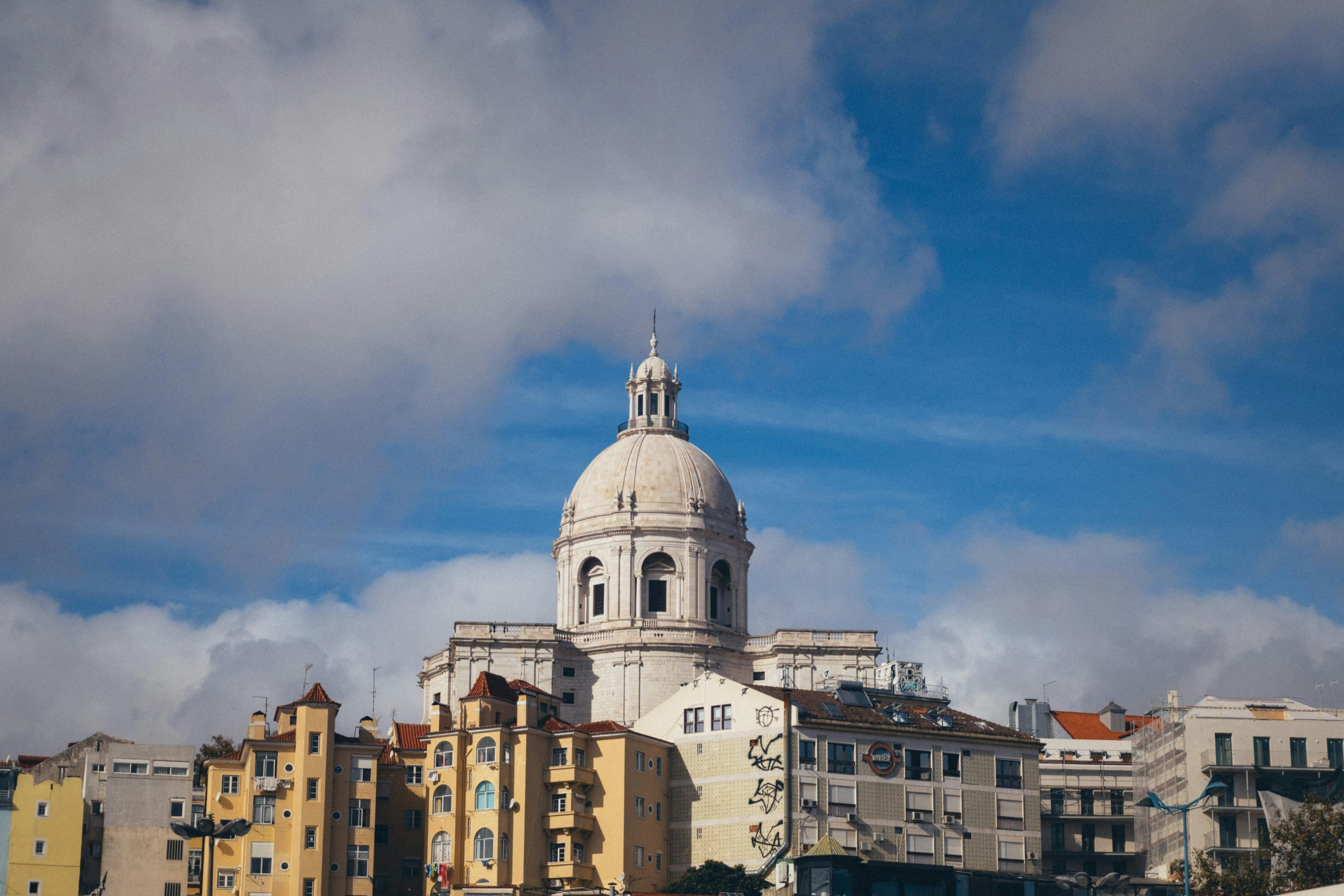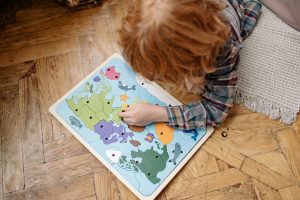Vacations and Cultural Identity: Connecting with Heritage Through Travel
For many individuals, vacations are a time to escape from the daily grind and relax in a new, unfamiliar setting. However, for some, a vacation holds a far deeper significance. It serves as a means of connecting with their cultural identity, allowing them to learn more about their roots, traditions, and heritage. In today’s globalized world, where cultures are constantly intermingling and evolving, preserving one’s cultural identity has become more crucial than ever. And what better way to do so than through travel? In this article, we will explore the concept of vacations and cultural identity, and how traveling can help people connect with their heritage in a meaningful way.
Understanding Cultural Identity
Cultural identity refers to a person’s sense of self and belongingness within a cultural or ethnic group. It encompasses the beliefs, values, customs, and traditions that are passed down from generation to generation. It is shaped by various factors such as family, education, language, religion, and geography. And while it may evolve as individuals experience new cultures and environments, it remains an essential part of their identity.
The Importance of Preserving Cultural Identity
In today’s global society, many cultures are at risk of being lost or diluted due to factors like migration, urbanization, and homogenization of values and ideas. This poses a threat not only to the cultural legacy of a community but also to the individuals’ sense of self and belonging. Preserving cultural identity becomes crucial in maintaining diversity and promoting harmony in a rapidly changing world.
Connecting with Heritage Through Travel
Traveling to new places, especially those with a rich cultural heritage, can be an immersive experience that allows individuals to connect with their roots. It offers a glimpse into the customs, traditions, and ways of life of different communities, enabling people to gain a deeper understanding and appreciation of their own cultural identity.
Learning about History and Traditions
When we visit a new place, we often take a tour of its historical sites and landmarks, learning about the events and people who shaped its past. But for individuals seeking to connect with their heritage, these places hold great significance. They serve as a link to their ancestors, offering a glimpse into their struggles, triumphs, and traditions. It can be a powerful experience to walk in the same footsteps as one’s forefathers and learn about their ways of life.
Participating in Local Festivals and Celebrations
One of the best ways to experience a culture is by participating in its festivals and celebrations. These events bring people together, showcasing their unique customs, music, food, and other cultural elements. Attending such events can be a deeply enriching experience, allowing individuals to immerse themselves in their heritage and create new memories that they can cherish for a lifetime.
Interacting with Locals
When we travel, we often meet new people from different cultural backgrounds. Engaging in conversations with them can offer a unique perspective on our own cultural identity. It allows us to see our customs and traditions through the eyes of an outsider, helping us appreciate them even more. And in turn, sharing our own traditions with others can preserve our cultural heritage for future generations.
The Role of Responsible Tourism
While travel can be an enriching experience for connecting with one’s heritage, it also comes with the responsibility to do so ethically. It is important to respect the customs, beliefs, and values of the communities we visit and make a conscious effort not to contribute to their exploitation. Responsible tourism also involves supporting local artisans, businesses, and efforts to preserve cultural heritage, instead of exoticizing or commodifying them.
In Conclusion
Vacations serve as a perfect opportunity for individuals to connect with their cultural identity through travel. It offers a unique way of learning about one’s roots, customs, and traditions through immersive experiences. By doing so, we not only enrich our understanding of ourselves but also contribute to preserving and celebrating the beauty and diversity of our world.










